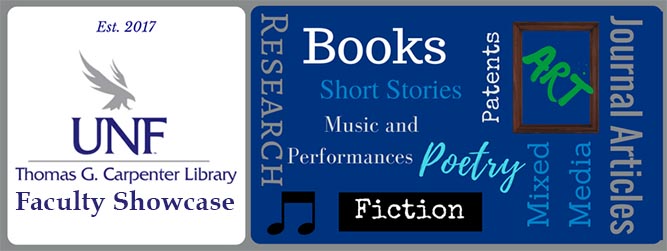
College
College of Education and Human Services
Department
Teaching, Learning, and Curriculum
Rank
Associate Professor
Postmodern Metaphor
Type of Work
Journal Article
Publication Information
Vol.:(0123456789) Cultural Studies of Science Education
https://doi.org/10.1007/s11422-020-09986-4
Description of Work
Metaphors invite. They contribute to our ability to makes sense of experience as they beacon us to make new (and sometimes playful) connections. In this text, I have created a postmodern metaphor, one willing to joyfully transgress disciplinary boundaries. Melding interviews, iconic images, snippets of academic text, poetry, and the power of metaphor, this festschrift “text” is at once visual, verbal, academic, accessible, and full of motion. Like the scholar whose work it honors (Ken Tobin), it gently pushes us into new questions about the lines we can draw between science and art.
Rights Statement
http://rightsstatements.org/vocab/InC/1.0/
Rights and Access Note
© Springer Nature B.V. 2020
Postmodern Metaphor
Metaphors invite. They contribute to our ability to makes sense of experience as they beacon us to make new (and sometimes playful) connections. In this text, I have created a postmodern metaphor, one willing to joyfully transgress disciplinary boundaries. Melding interviews, iconic images, snippets of academic text, poetry, and the power of metaphor, this festschrift “text” is at once visual, verbal, academic, accessible, and full of motion. Like the scholar whose work it honors (Ken Tobin), it gently pushes us into new questions about the lines we can draw between science and art.


Biographical Statement
Carolyne Ali-Khan is an Associate Professor in the Department of Teaching, Learning and Curriculum. She is interested in two main strands of research, equity and diversity in teacher education, and creative and interdisciplinary representation. She has published articles on both power and equity and on visual methods, autoethnography and other creative scholarship, she is currently working on a festschrift in collaboration with Dr. Dan Disnmore.